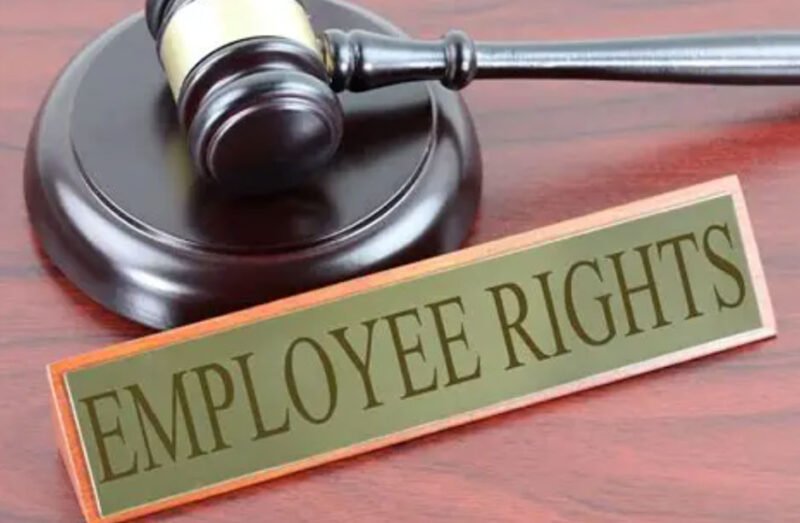
Do you work in the UK? If so, you may have been eagerly awaiting the release of the Employment Rights Bill. First proposed in October 2024, this Bill aims to improve the rights of workers in the UK and, at the time of writing, is currently being considered by the House of Lords, with Royal Assent expected in Autumn 2025.
So, what are the key takeaways of this Bill, and why has it been met with such applause and trepidation?
What Is the Employment Rights Bill?
The Employment Rights Bill of 2025 is a landmark UK law which is aimed at improving job security, as well as workplace fairness and the rights of workers. It includes amendments to the previous law, which now allows employees to challenge unfair dismissal from the start, as well as improving parental leave and banning certain workplace tactics that have been used by employers.
It also seeks to minimise zero-hour contracts, offering staff in the UK the option to request more predictable hours. Hiring a company like the HR Dept will help to ensure that you keep on top of these changes with no disruptions.
Why it Matters
This Bill has rewritten a huge chunk of employment law, with agencies like Unison highlighting that it is the biggest update to workers’ rights in the UK in decades. A core feature of the Bill relating to zero-hours contracts has been applauded, as following the recession of 2011, these contracts were standard in many workplaces, which put pressure on workers.
However, there have been certain business groups who have spoken out against these amendments, stating that they will raise costs, may stifle business growth, and that the rollout of the Bill is too fast-paced. So, what’s in the Bill?
Unfair Dismissal Challenges
Prior to this Bill, employees would need to wait two years to contest an unfair dismissal in the workplace. Now, employees are able to challenge such actions from day one, allowing everyone to have basic job security. Even if the job has a probation period, following this Bill, dismissals for performance, attendance, or poor employee conduct must follow the rules of a formal meeting, rather than outright dismissal.
Improved Sick Pay and Parental Leave
Sick pay, or statutory sick pay (SSP) now starts from the very first day of absence for workers and is set to cover all income levels. This means there are no more waiting periods or minimum earnings required, allowing peace of mind for workers who need to recover. As well as this, there have been changes to paternity leave, but these may not be as welcomed as hoped. Employees are now able to access unpaid parental leave from their first day at work, as well as paternity leave. The hope is that with the next rewrite of the Bill, they will be able to access paid leave from their first day.
Fire and Rehire Bans
It used to be the case that employers could dismiss staff and force them to accept new, less favourable contracts, typically with fewer hours and lower pay. The new Bill bans this in almost all cases. In cases where it is permitted, the company must demonstrate that it is facing significant financial issues and show that there is no alternative.
Stronger Rights for Zero-Hour and Flexible Workers
One of the most significant changes is the rights afforded to zero-hour agency workers. Under the new Bill, they have the right to ask their bosses for more predictable work schedules. The next stages of this Bill are to define how many hours count as low. Staff who are on low-hours contracts, or flexible workers, will also have the right to request more predictable schedules.
No More Non-Disclosure Agreements
As shocking as it is to consider, up until this Bill is passed, there is no restriction on companies being able to use NDAs to stop those who work for them from reporting discrimination, abuse, or harassment. Thus, “gagging” laws have been stopped, and victims or witnesses will now be able to report what they have witnessed, without fear of retribution.
What Happens Next?
As mentioned earlier, this Bill only has to go through two more stages in the UK before it becomes law, and the rollout of it is set to be phased in in stages.
Immediately after the law is passed, the repealing of restrictive rules around striking will come into effect.
In April 2026, new laws regarding sick pay, parental leave, and whistleblowing will come into effect, along with redundancy protections and the establishment of the Fair Work Agency.
By October 2026, new rules regarding unfair dismissal, zero-hour contracts, flexible working, as well as bereavement and maternity protections, will come into effect.









